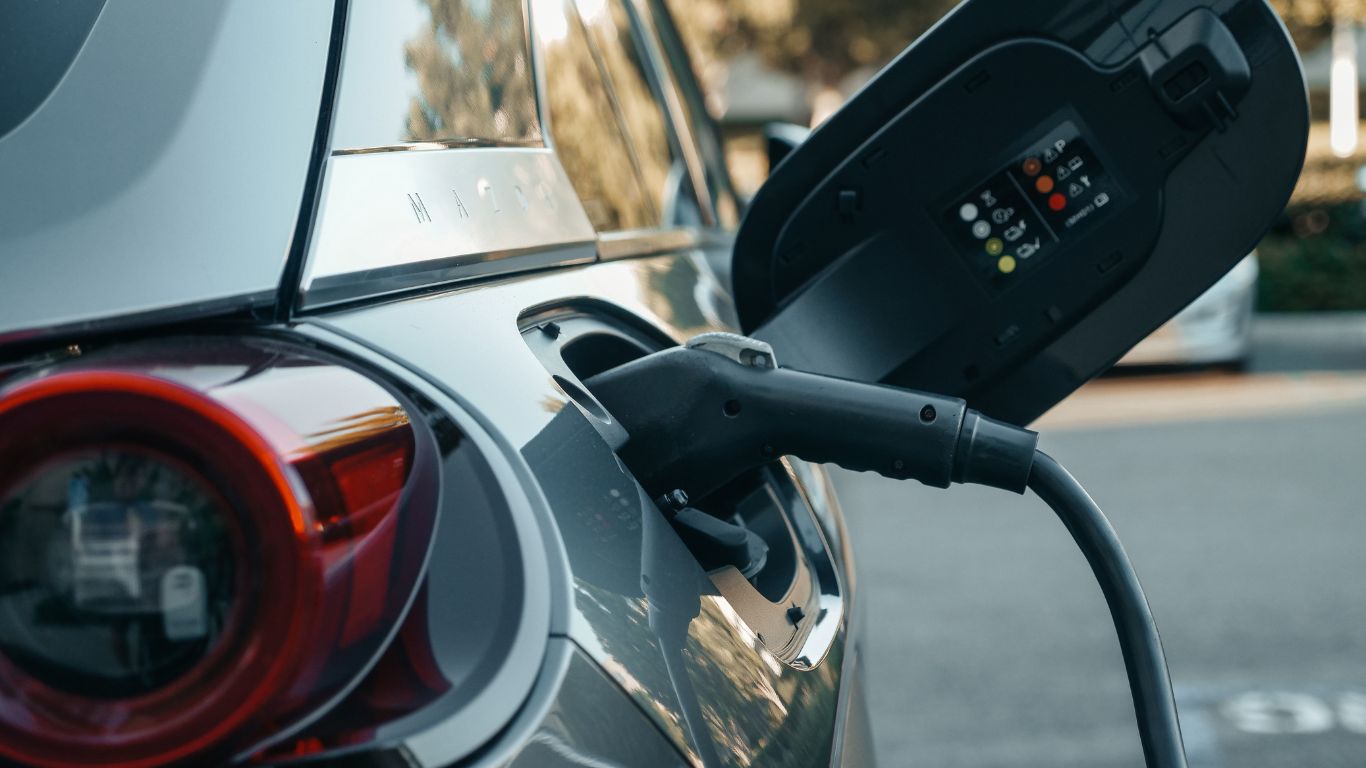Introduction
Electric vehicles have taken the world by storm, changing how we think about mobility. From their environmentally friendly design to their potential to lessen reliance on fossil fuels, EVs are fast becoming the car of choice for many people. But why are electric cars gaining popularity, and should you consider one your next vehicle? Let’s explore the world of electric cars.
What Are Electric Cars?

Definition & Overview
Electric by electricity stored in batteries. Unlike traditional automobiles, which rely on internal combustion engines, EVs use electric motors to deliver a more comfortable, quieter, and efficient driving experience. A brief history of electric vehicles. Electric cars are not a new notion. The first electric car was created in the early nineteenth century. However, with the introduction of gasoline engines, EVs have taken a backseat—until now. Modern improvements have renewed interest in this environmentally friendly means of transportation.The Environmental Benefits of Electric Cars
Reduced Greenhouse Gas Emissions
One of the most compelling advantages of electric vehicles is their capacity to reduce greenhouse gas emissions. Unlike gasoline automobiles, EVs have no exhaust emissions, making them a cleaner option.
Lower air pollution in urban areas.
Electric vehicles help reduce smog and air pollution, particularly in highly populated areas. Cleaner air leads to improved health and a more sustainable urban environment.
Contributions to Combating Climate Change
EVs help combat climate change by lowering our dependence on fossil fuels.
Economic Benefits of Electric Cars
Technological advances in electric vehicles.

How Do Electric Cars Work?
Basic components of an electric car. Electric automobiles are made up of batteries, an electric motor, and a controller. These components work together to provide an efficient driving experience. Comparison to Traditional Engines Unlike combustion engines, which need fuel to generate energy, electric vehicles take power directly from electricity stored in batteries.Why are electric cars becoming popular?
Shifting Consumer Preferences
People are increasingly prioritizing sustainability, therefore EVs are an obvious choice.
Growing investment by automakers
Major automakers are investing billions of dollars in electric vehicle technologies, giving consumers more alternatives than ever before.
Global Governmental Support
Policies favoring EV adoption, such as gasoline car bans and incentives, are boosting their appeal.
Challenges of Electric Vehicles
Limited range and charging concerns While EV ranges are increasing, some purchasers still have range anxiety. Higher upfront costs. Despite subsidies, the initial cost of EVs can still be prohibitive for many people. Recycling and disposal of batteries Battery recycling and disposal present environmental and logistical challenges.Solutions for Electric Car Challenges
Advances in Battery Technology New technologies, like solid-state batteries, promise extended range and faster charging. Development of ultra-fast charging stations. With ultra-fast chargers, it is now possible to charge an EV in minutes. Efforts to Make Electric Vehicles More Affordable Automakers are attempting to make EVs more affordable, allowing them to reach a larger audience.Comparison of Electric vs. Gasoline Cars
Cost Comparison: EVs have a higher initial cost, but their lifetime costs are much cheaper. Environmental Impact Electric vehicles are far more environmentally beneficial, with zero emissions and a reduced reliance on fossil fuels. Performance Differences: EVs provide quicker torque and smoother acceleration than fuel vehicles.The Role of Renewable Energy in Electric Vehicles
Solar and Wind Energy Integration
Charging EVs with renewable energy sources increases their sustainability.
Potential for 100 percent clean transportation
With developments in renewable energy, we are getting closer to a zero-emissions future.
Impact on the automotive industry.
Job Creation in Electric Vehicle Manufacturing The transition to EVs is producing job opportunities in battery manufacturing, software development, and assembly lines. Transformation of Traditional Automakers Legacy automakers are reinventing their business strategies to remain competitive. The Role of Startups in EV Innovation Startups are pushing the envelope with innovative ideas and cutting-edge technologies.The global movement towards electric vehicles
Leading Countries for EV Adoption
Countries such as Norway, China, and the Netherlands are at the forefront of electric vehicle adoption.
Global Policies Promoting Electric Car
Global regulations, ranging from tax breaks to restrictions on fuel-cell vehicles, are pushing the switch to electric.
Projected EV Market Growth
The electric vehicle industry is predicted to increase dramatically in the coming years, owing to technology and policy advancements.
